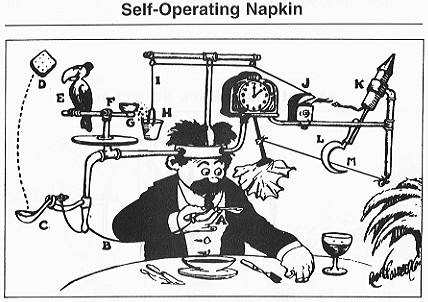 This post will run the final week of classes, but it is really the penultimate week for academic work here: do not forget your final exam week, students!
This post will run the final week of classes, but it is really the penultimate week for academic work here: do not forget your final exam week, students!
The word itself has a decidedly academic “look” to it, but I find it used as often in journals of ideas such as The Atlantic Monthly. I brought doughnuts to class today, our next-to-last writing workshop of the semester. For that penultimate class, however, I would never ask “who ate the penultimate doughnut”?
The OED Online, online or in print, gives our word first as a noun, a form I rarely see in formal usage today. The adjectival form appears far more often, though I had never before encountered the now rare mathematical use meaning “Relating to or designating a member of a family of curves that is arbitrarily close to a degenerate form.”
A Merriam-Webster post points out a usage error for this term. Never use it in formal writing to mean “last.” Bryan Garner’s A Dictionary of Modern American Usage seconds that opinion. The word gets employed to mean “the best of the best” but that usage is also incorrect. Our word always means “next to last.” I could see it being acceptable in casual usage as “the best for now, until something better arrives to replace it.”
The final word remains out on penultimate; in a century, it may mean exactly “the best, so far,” until a better word shows up.
Nominate a word by e-mailing me (jessid -at- richmond -dot- edu) or leaving a comment below.
See all of our Words of the Week here.
Image courtesy of Wikipedia.

